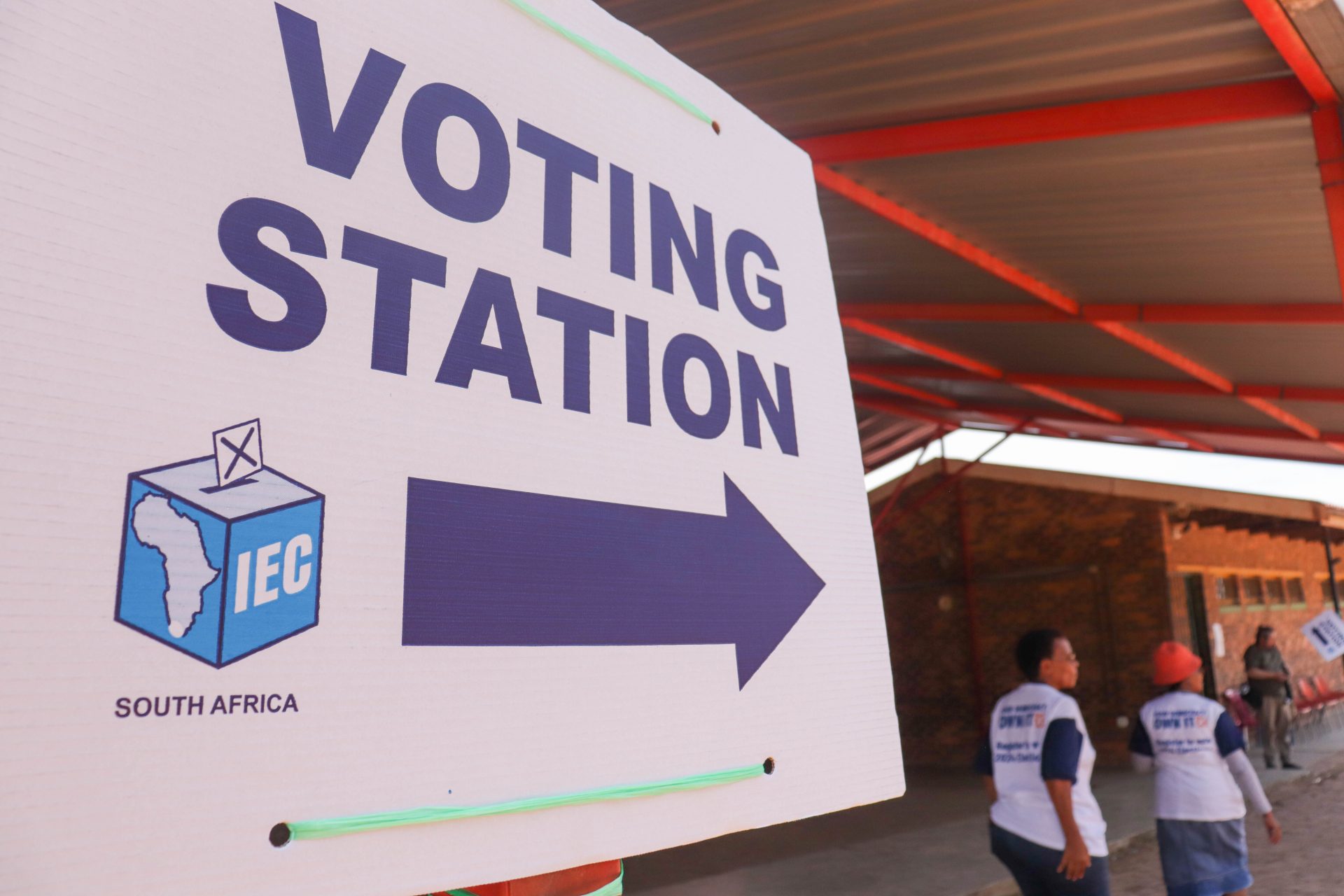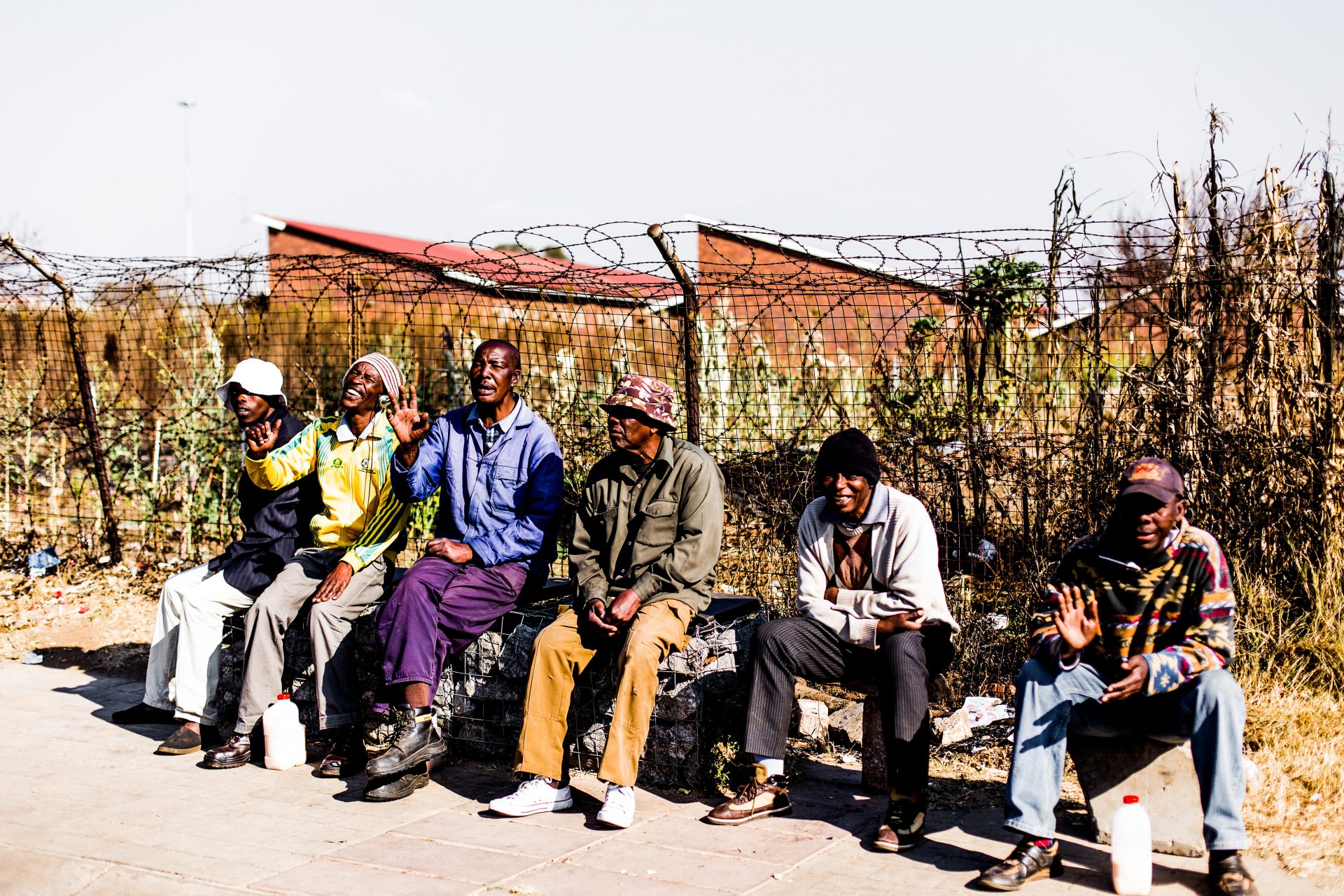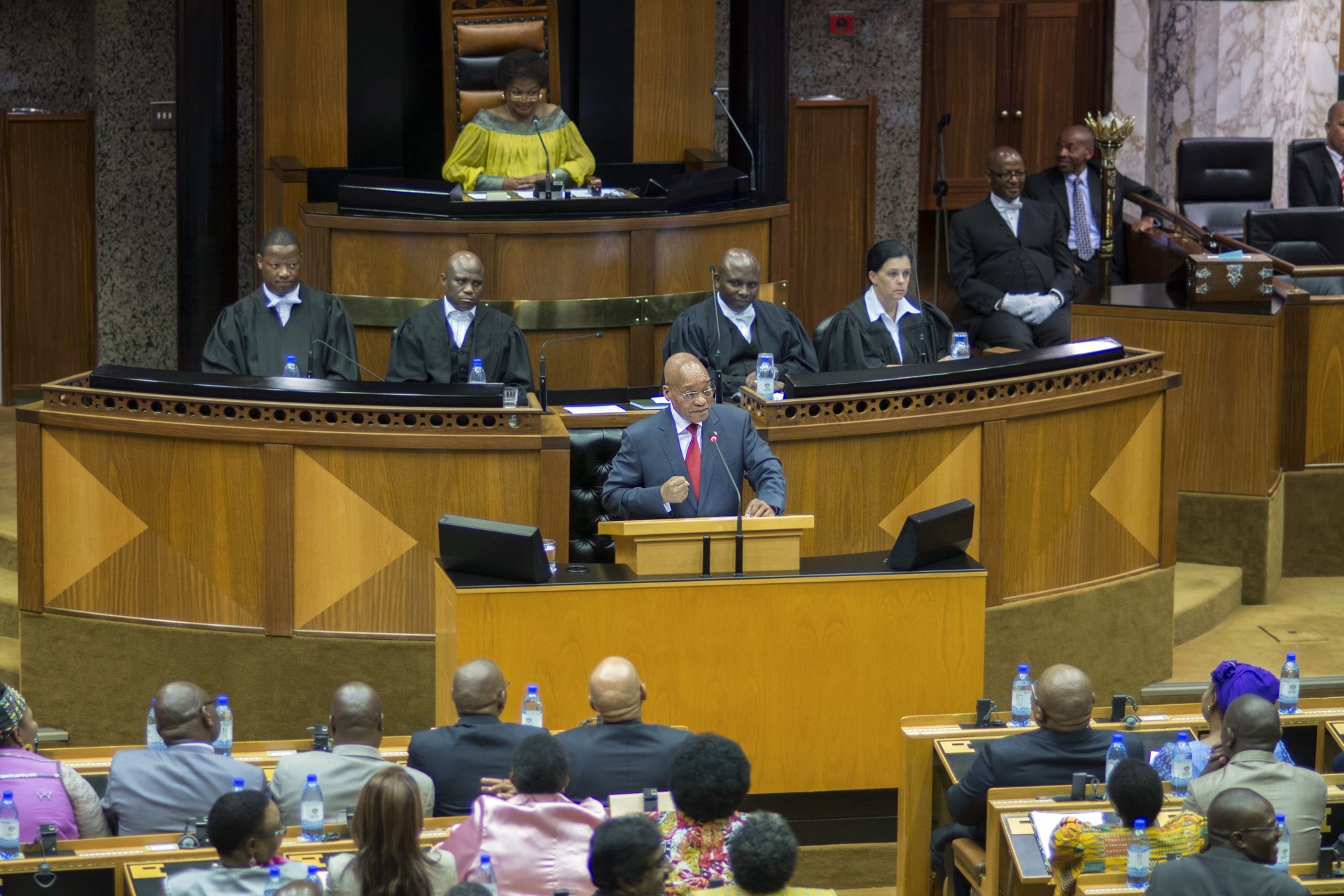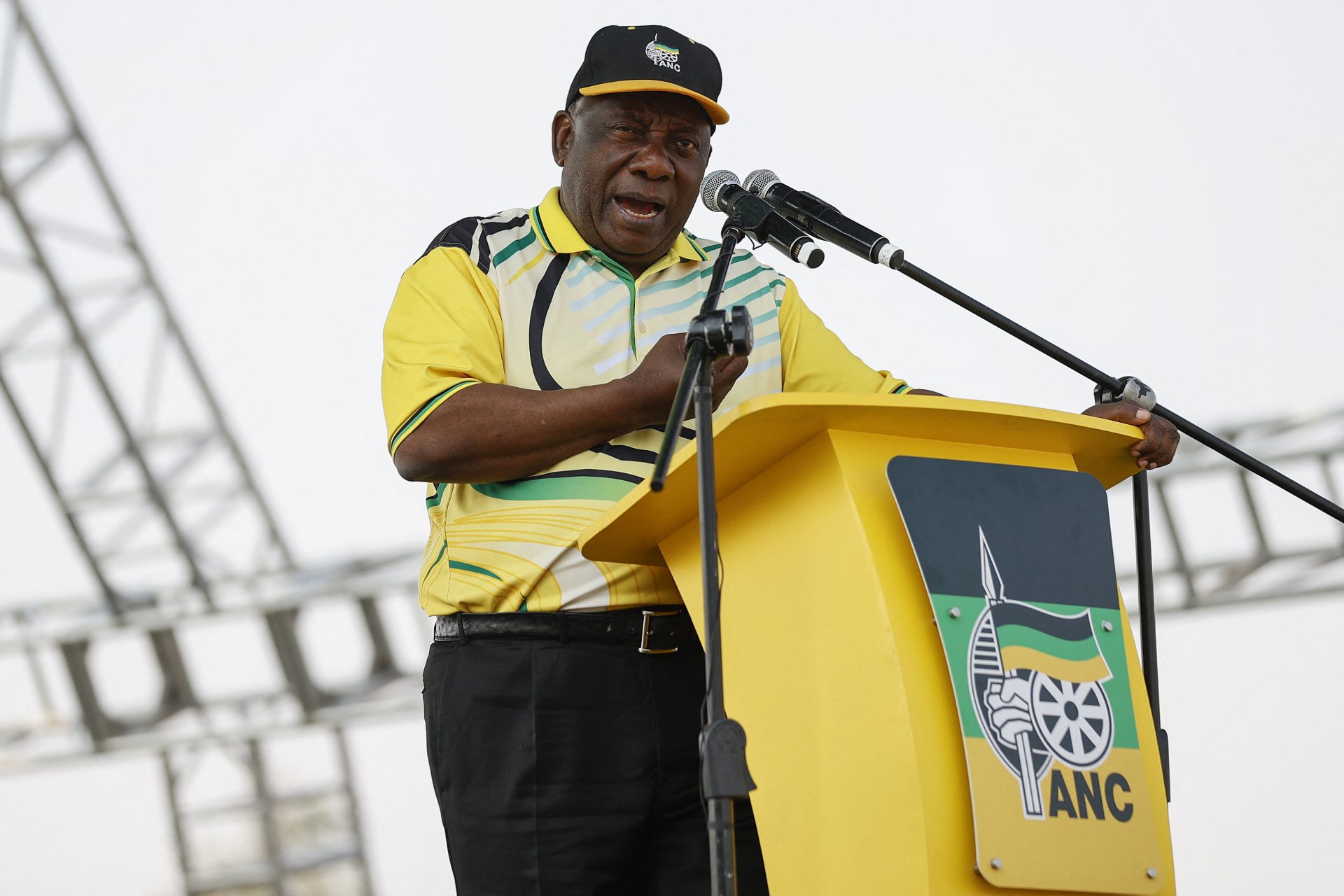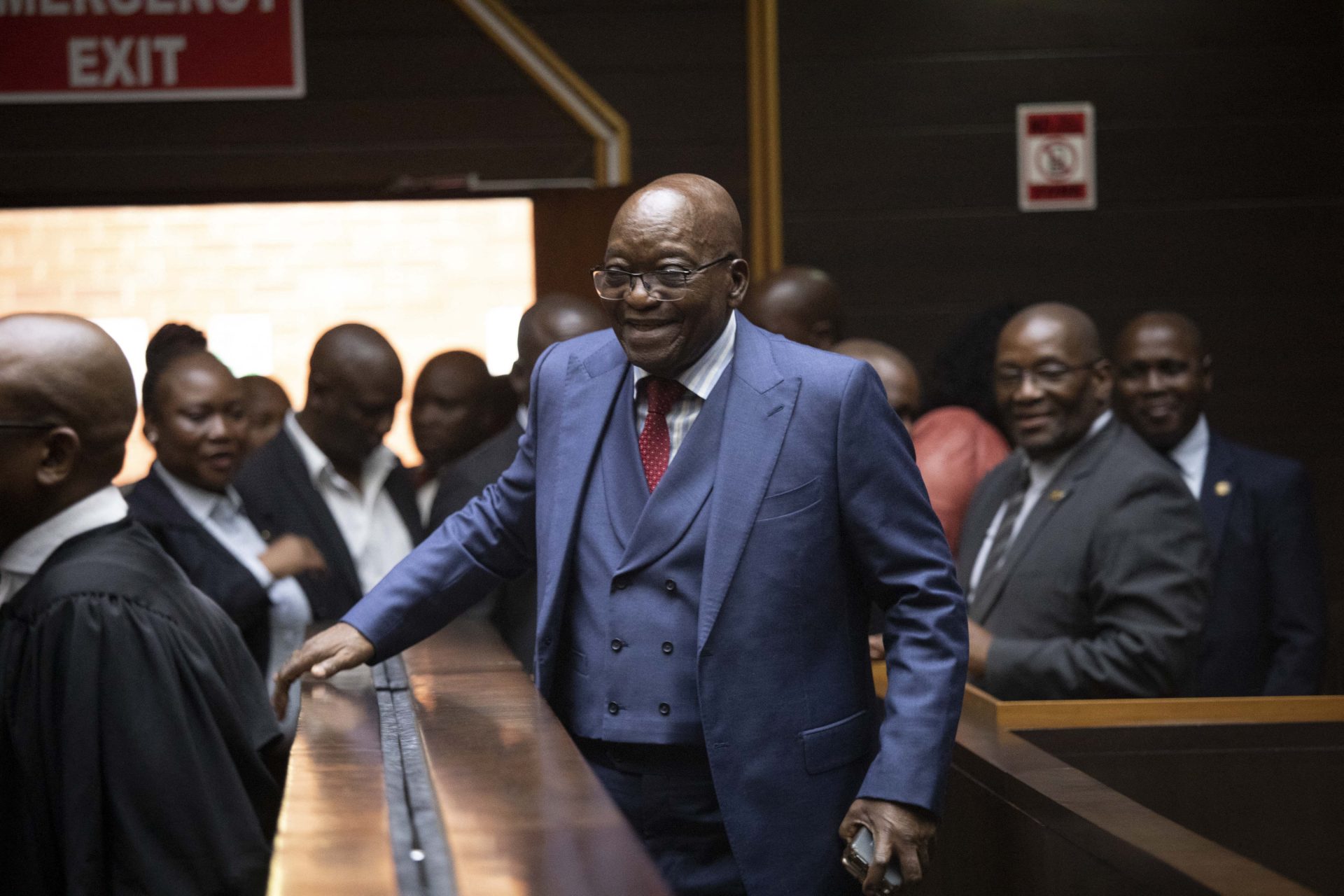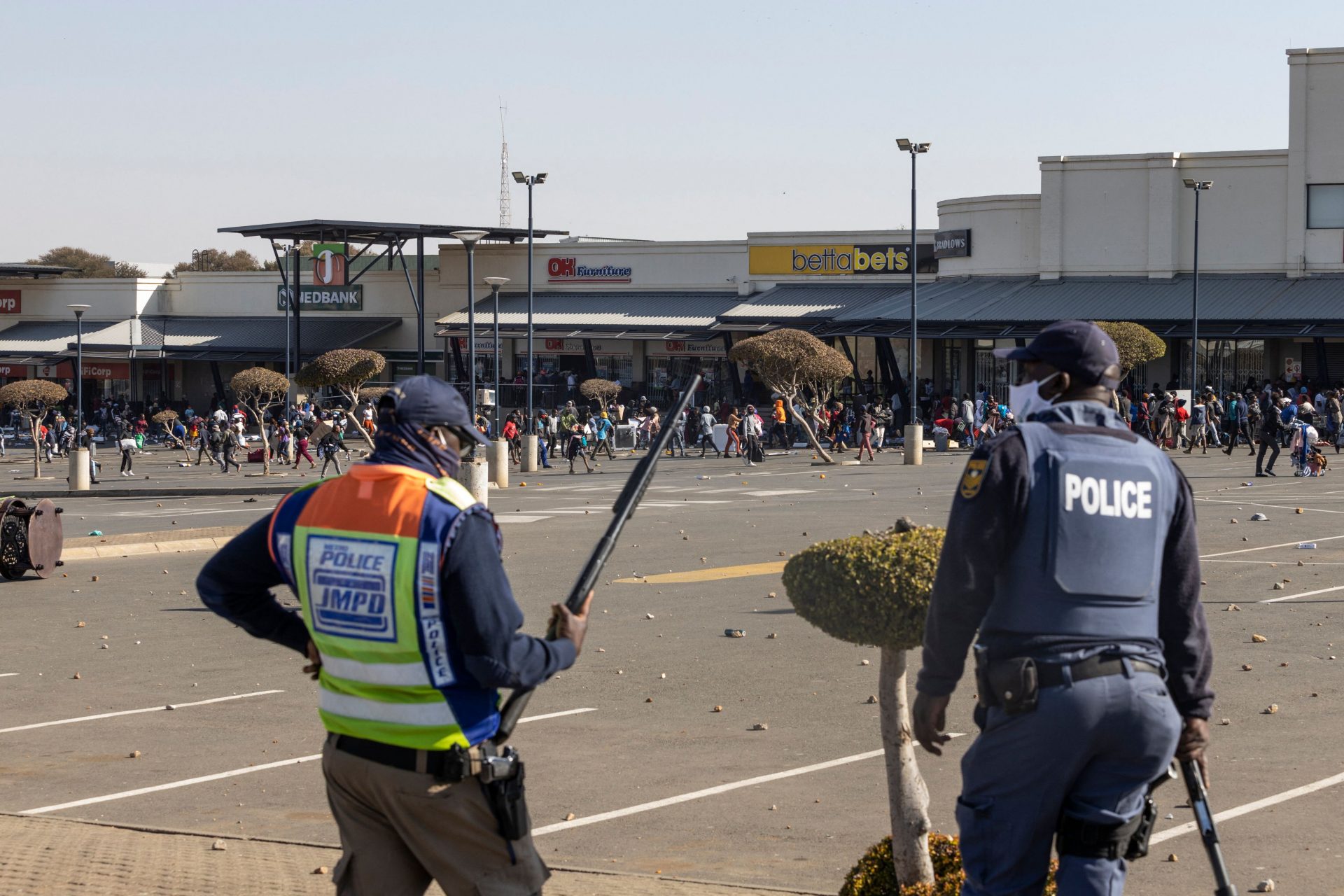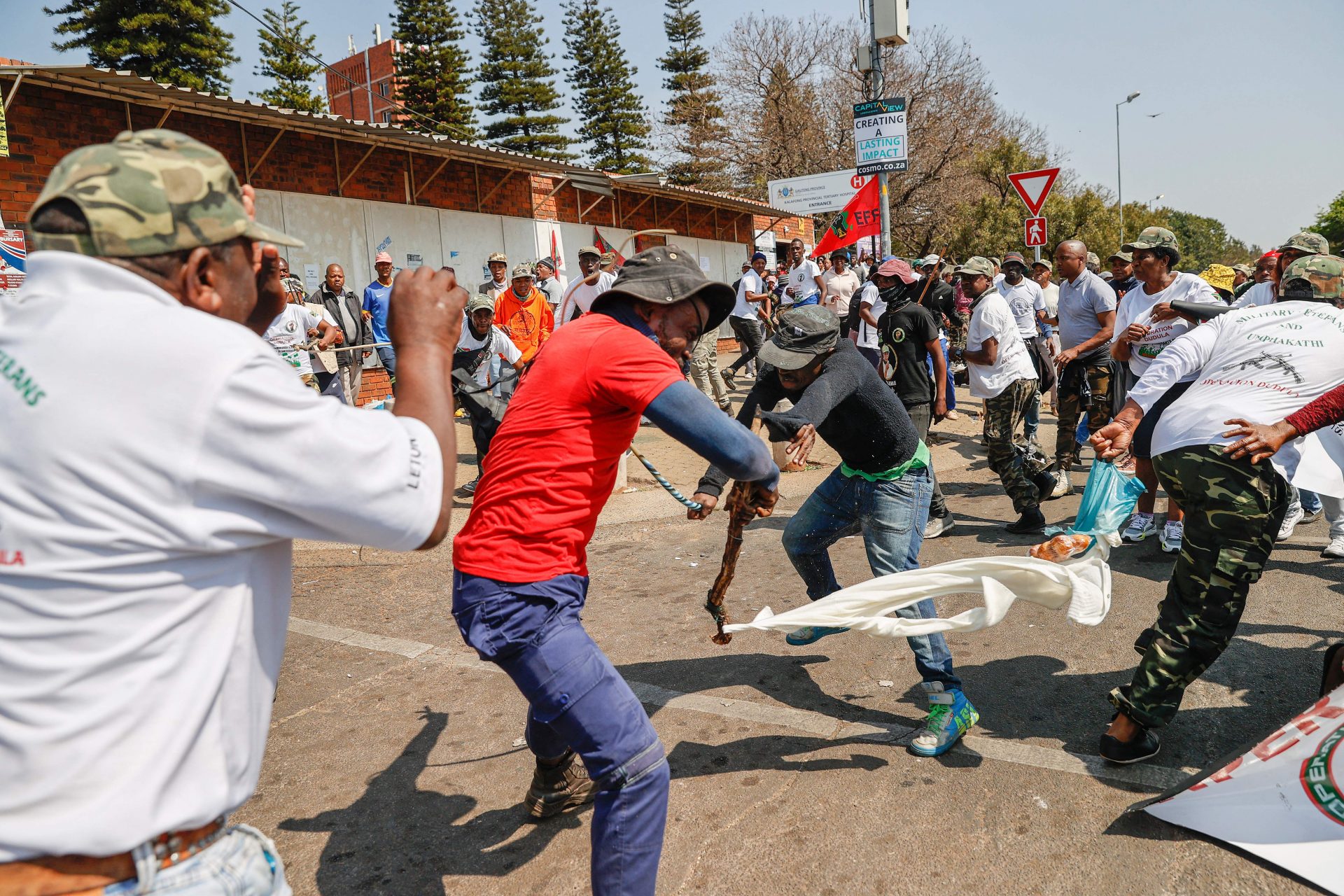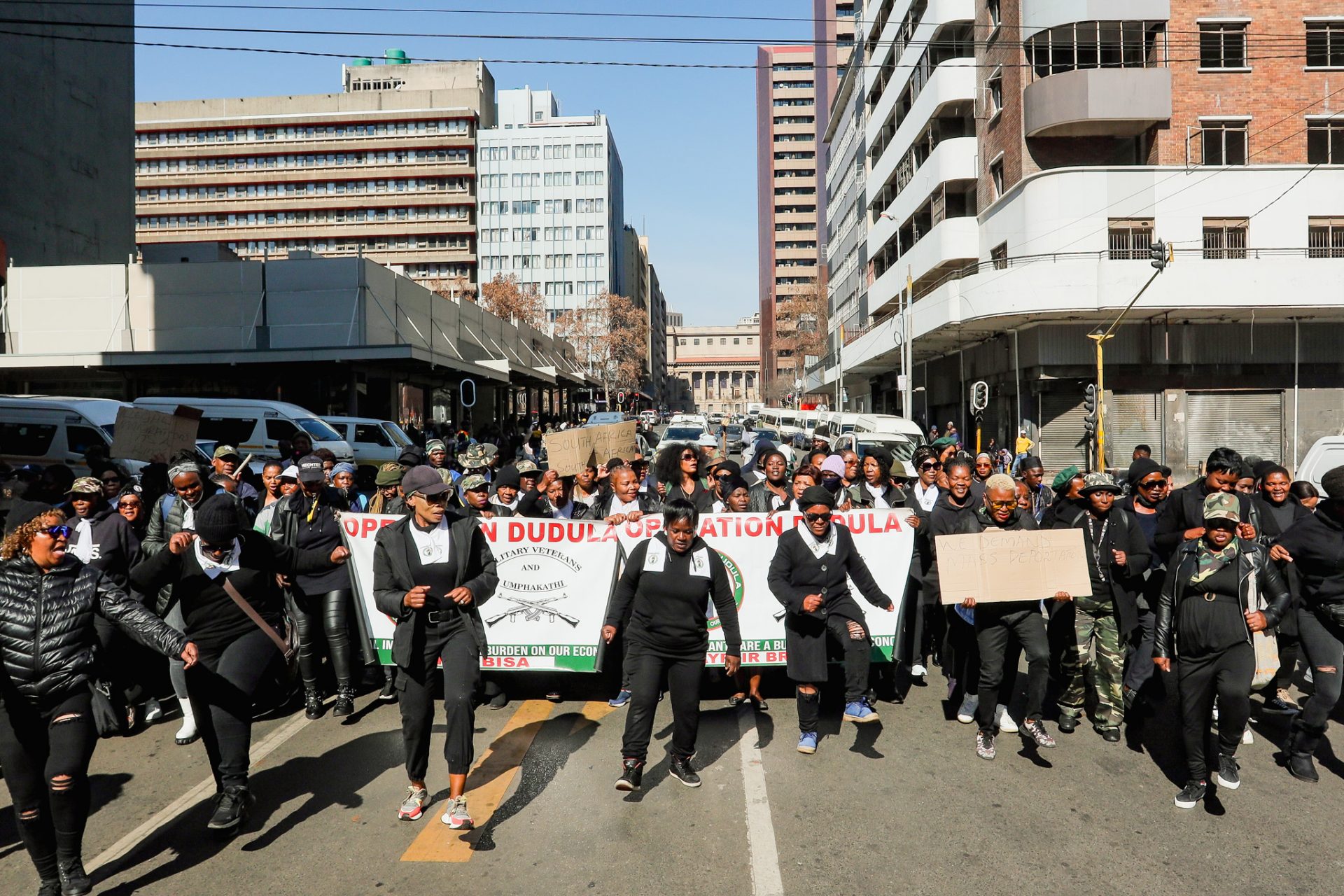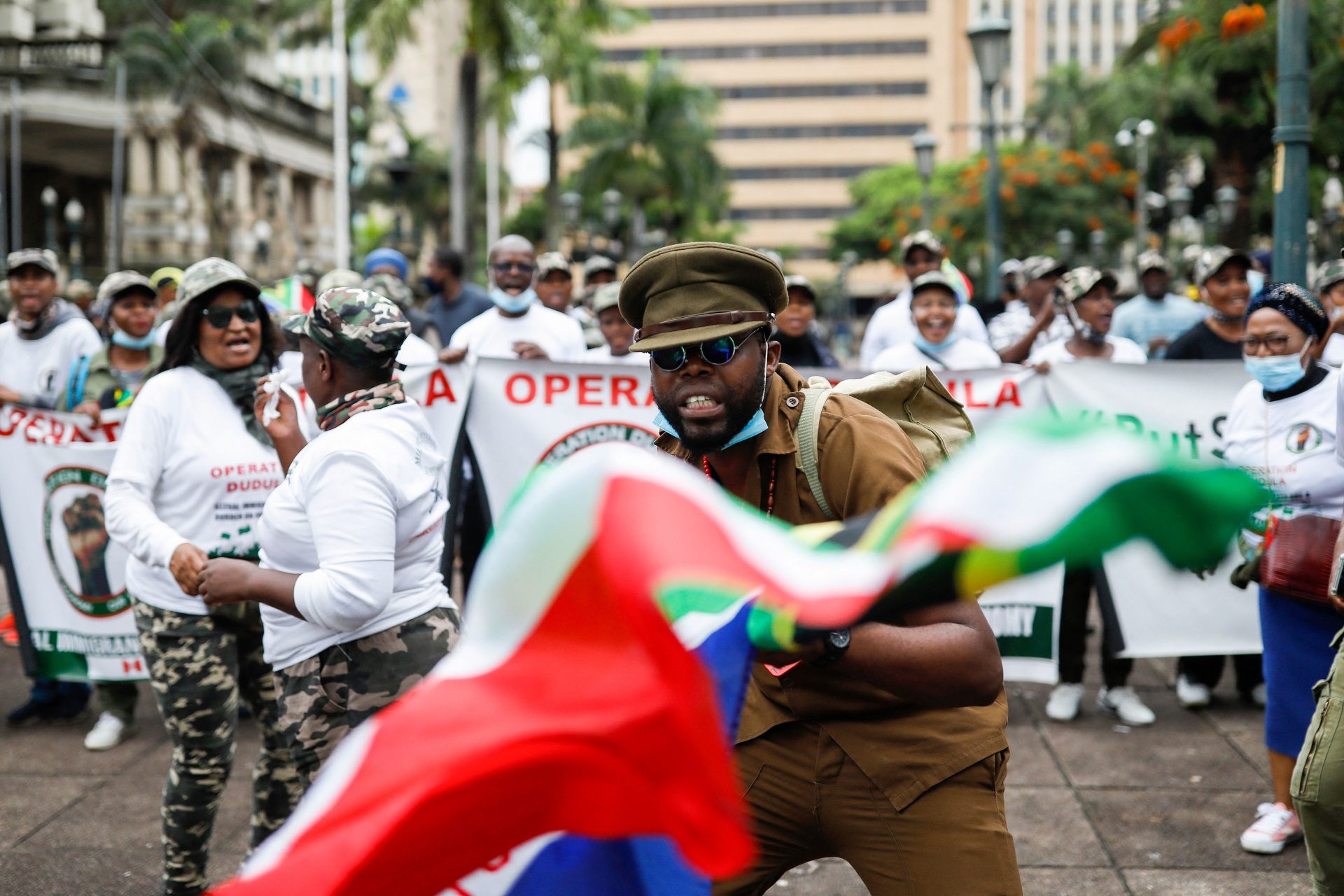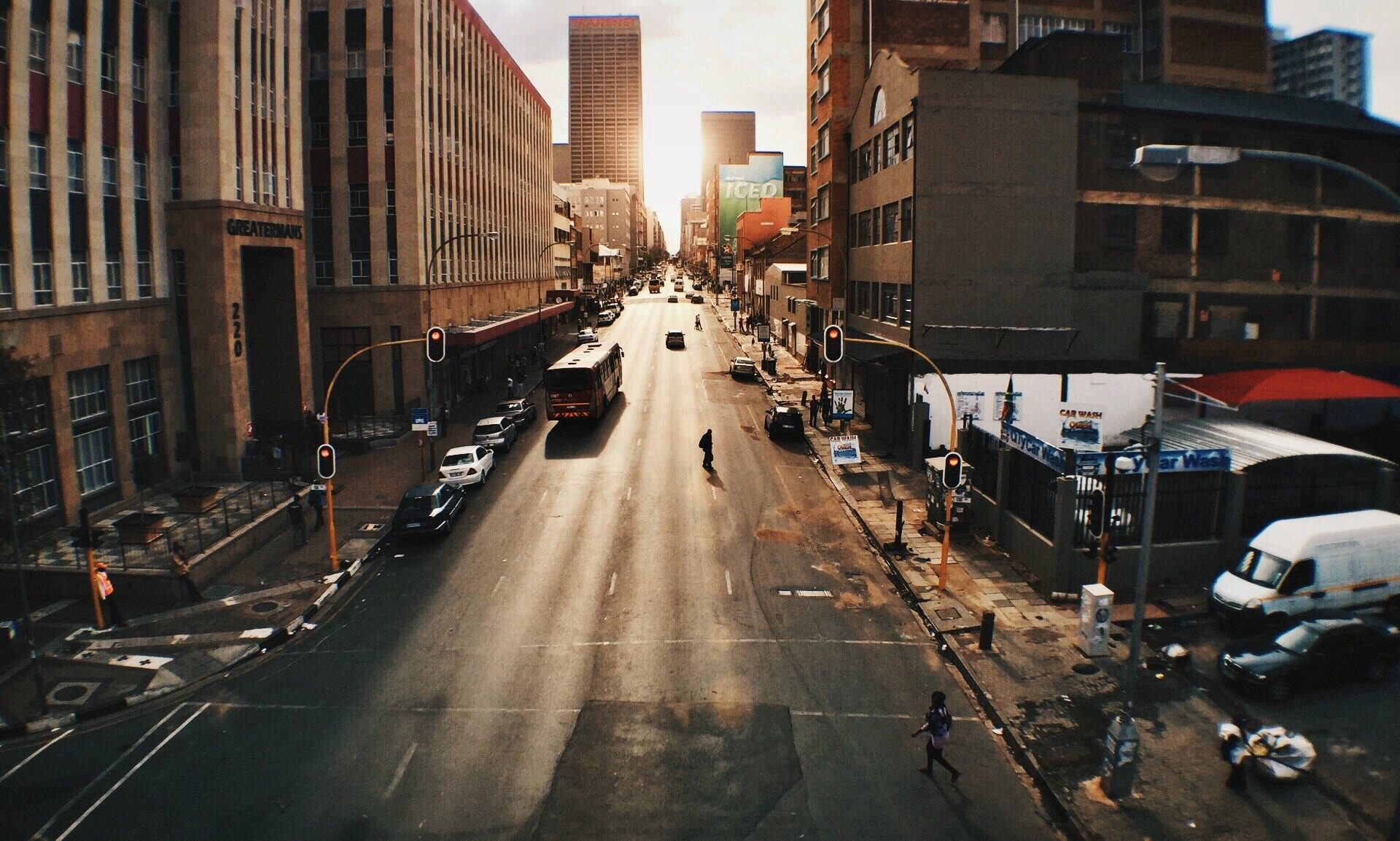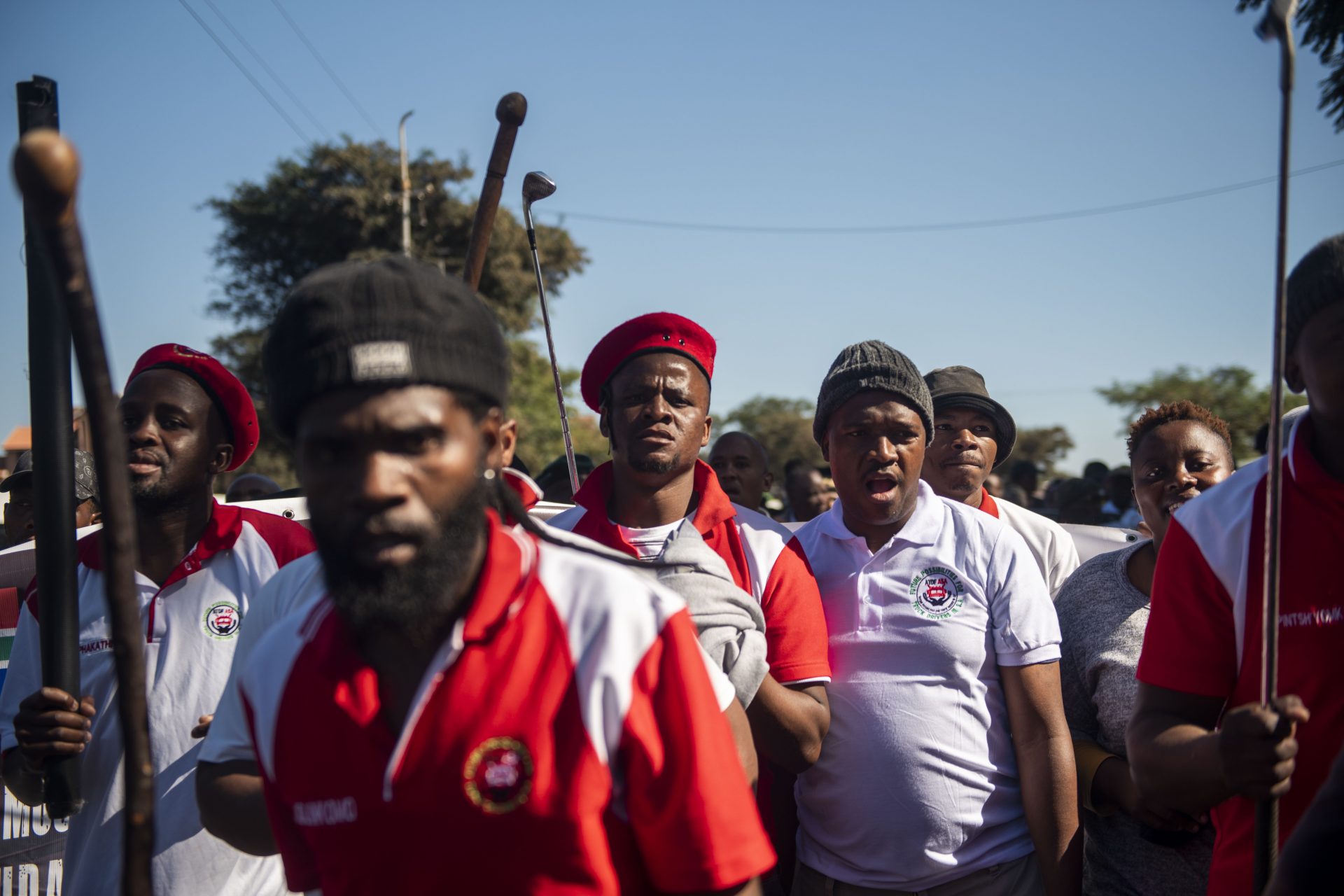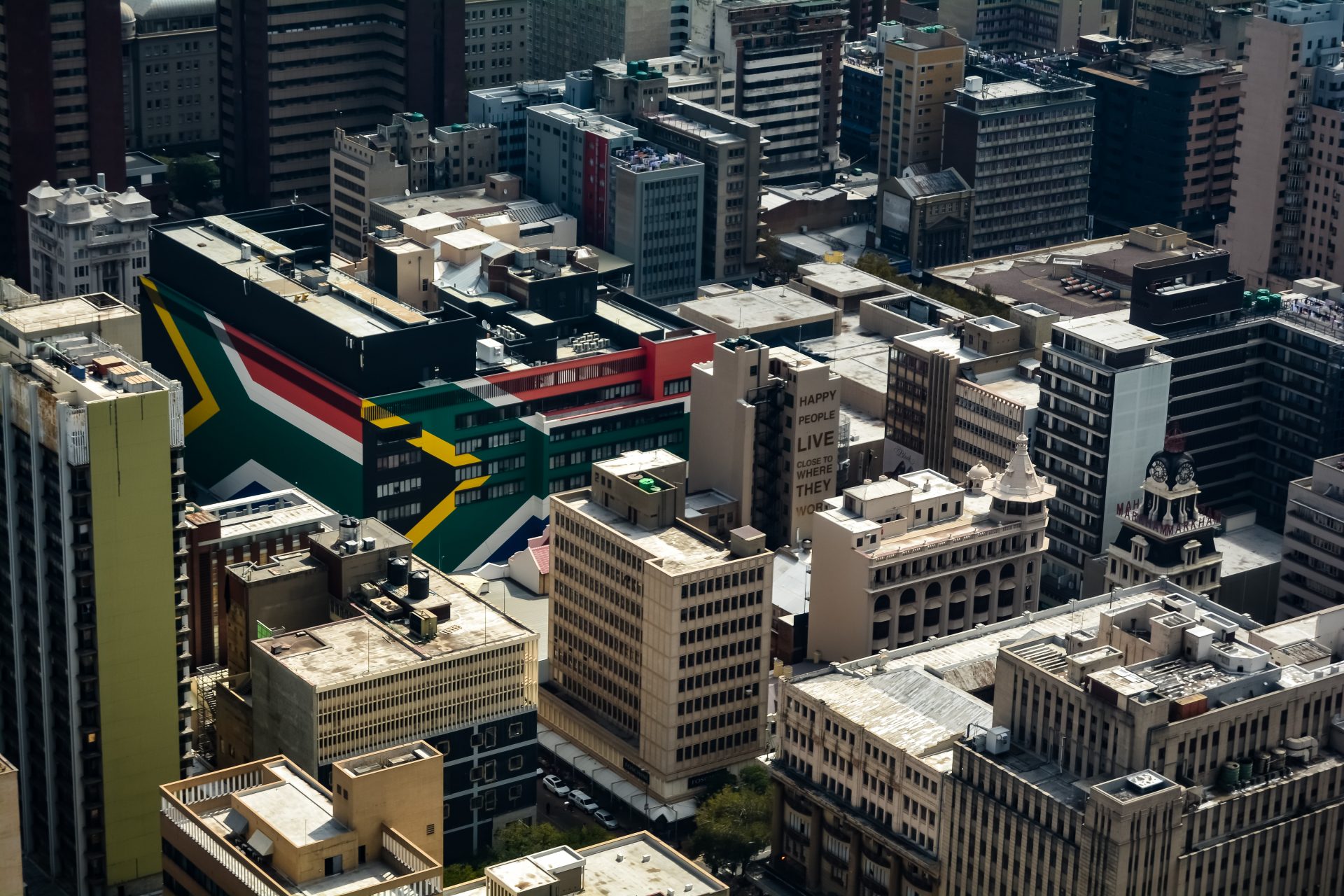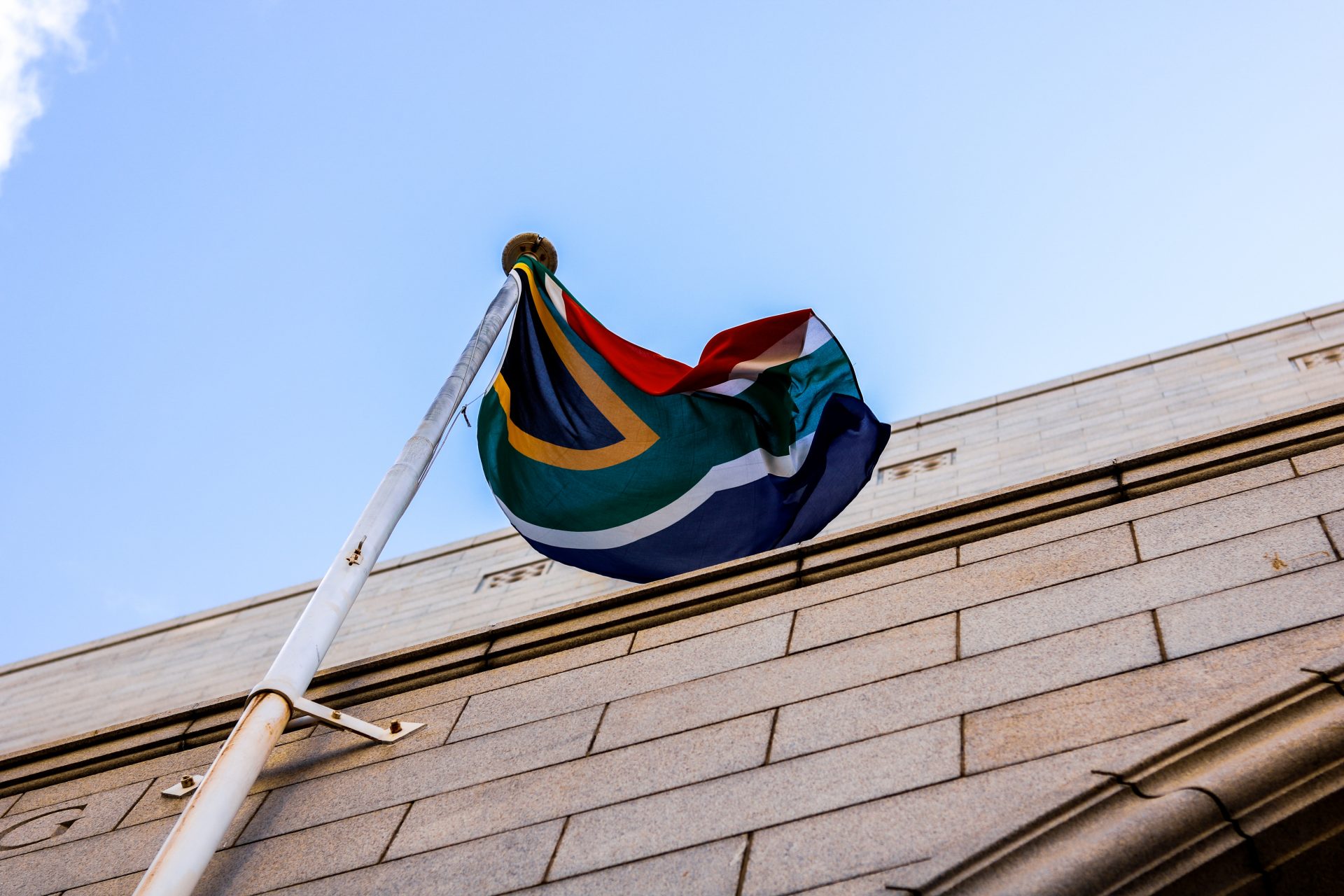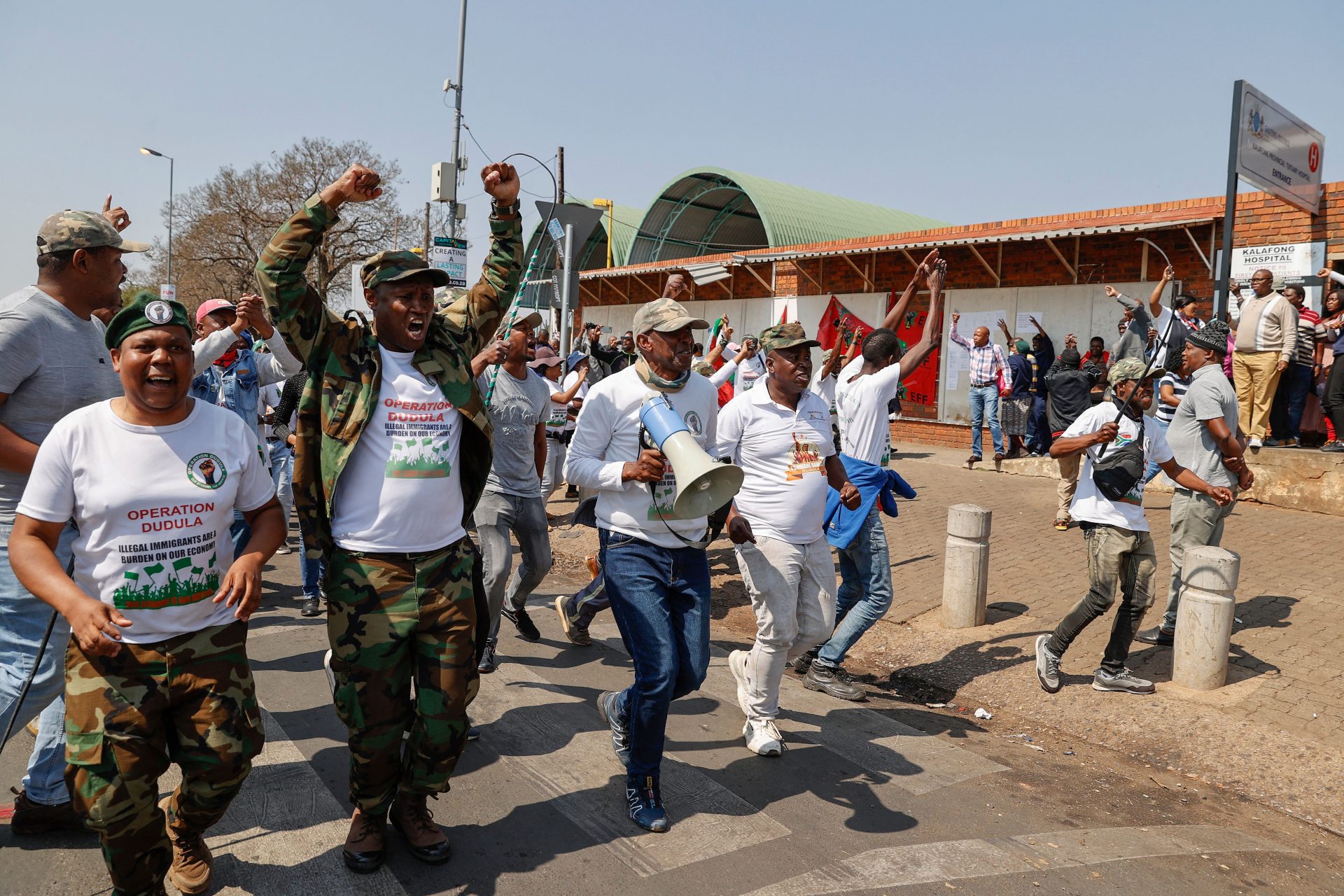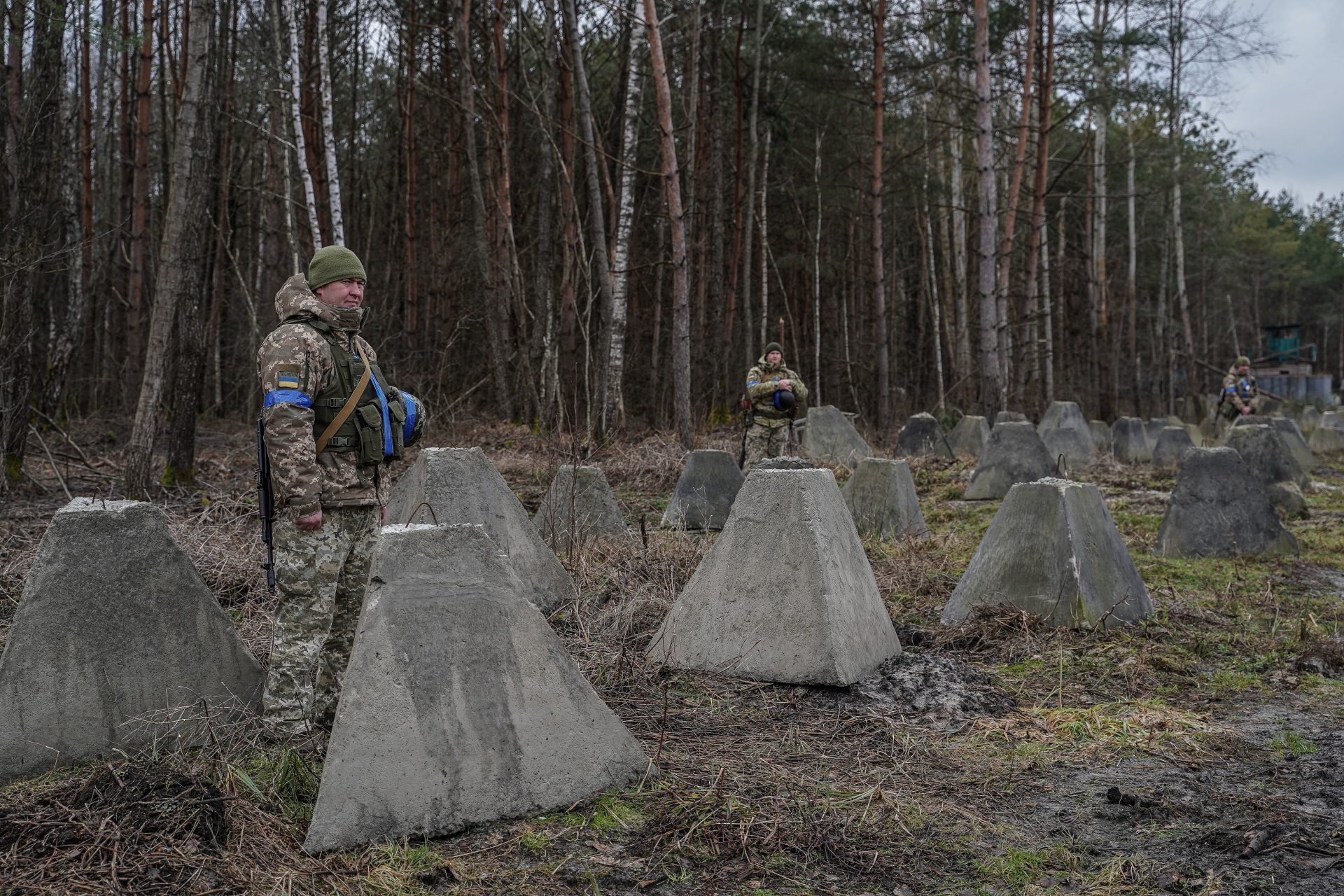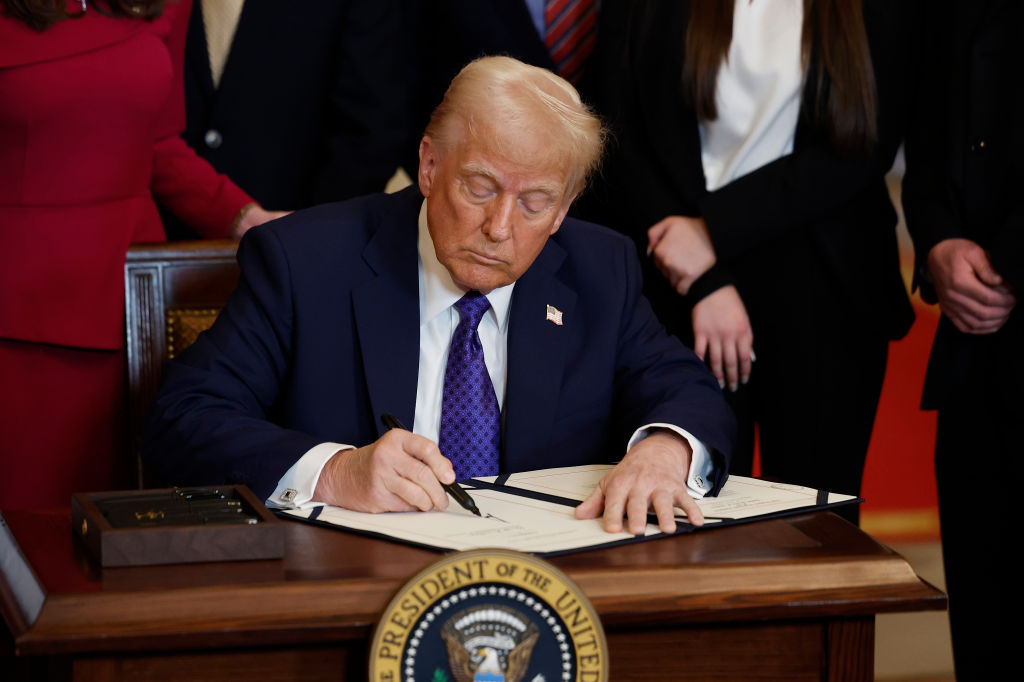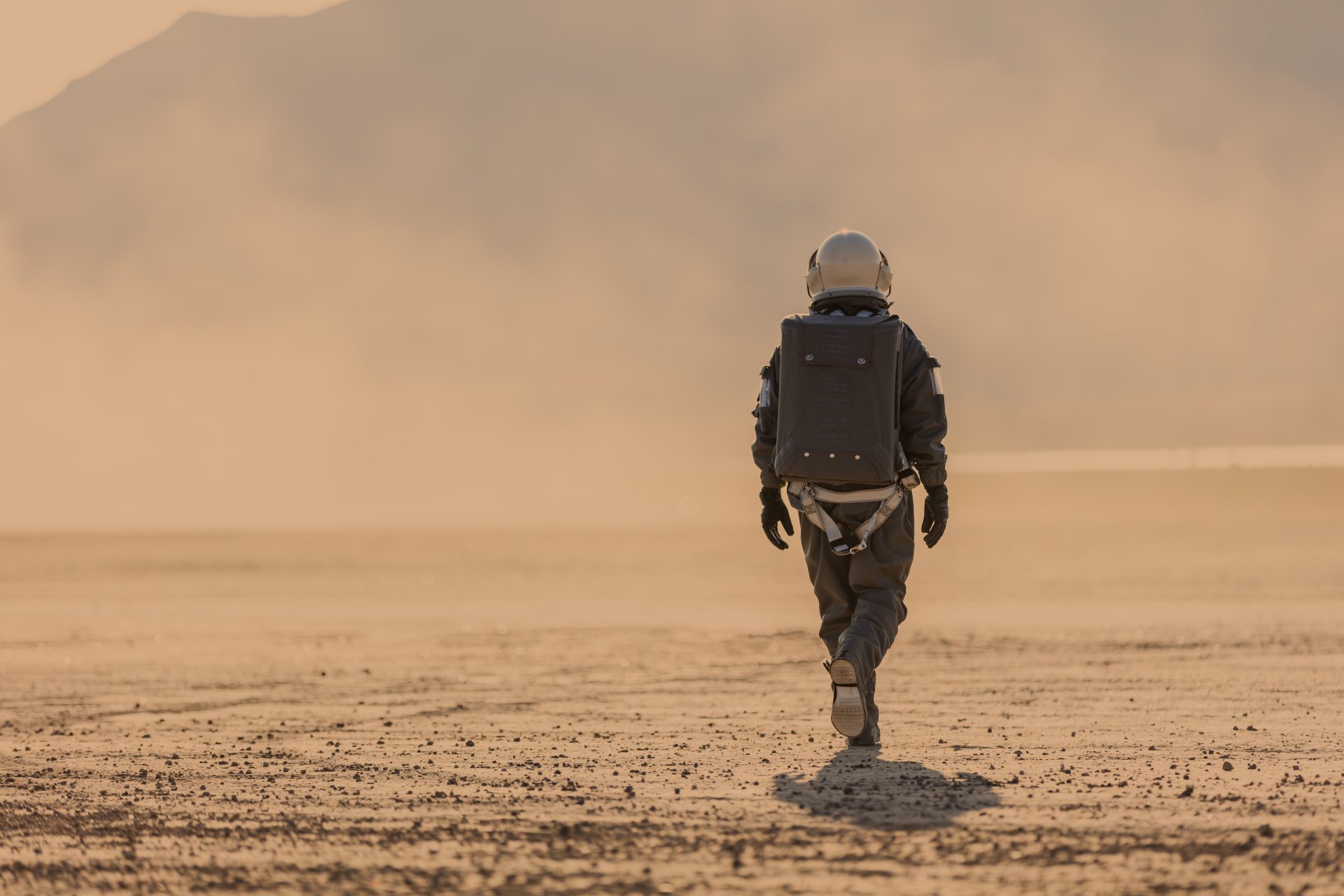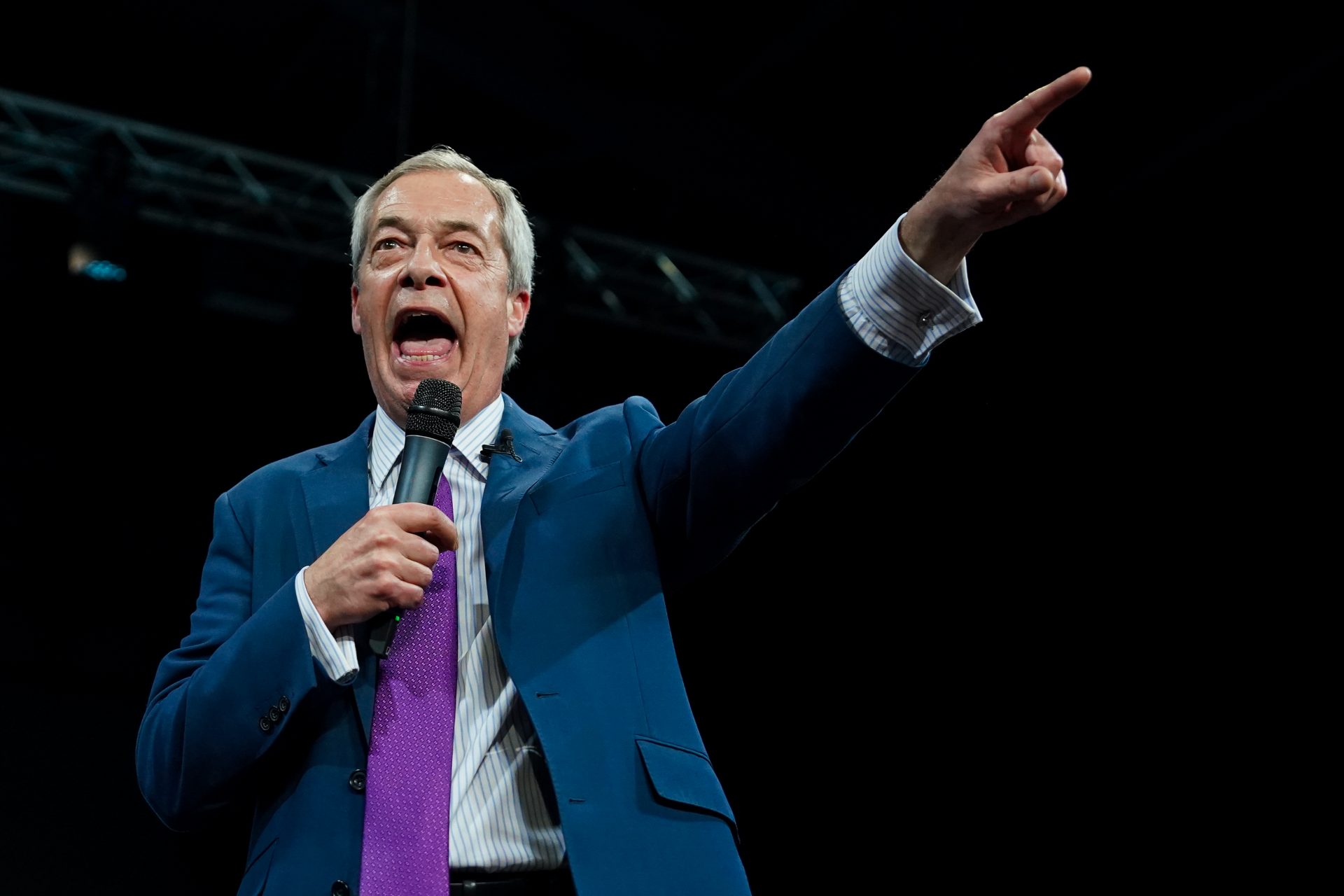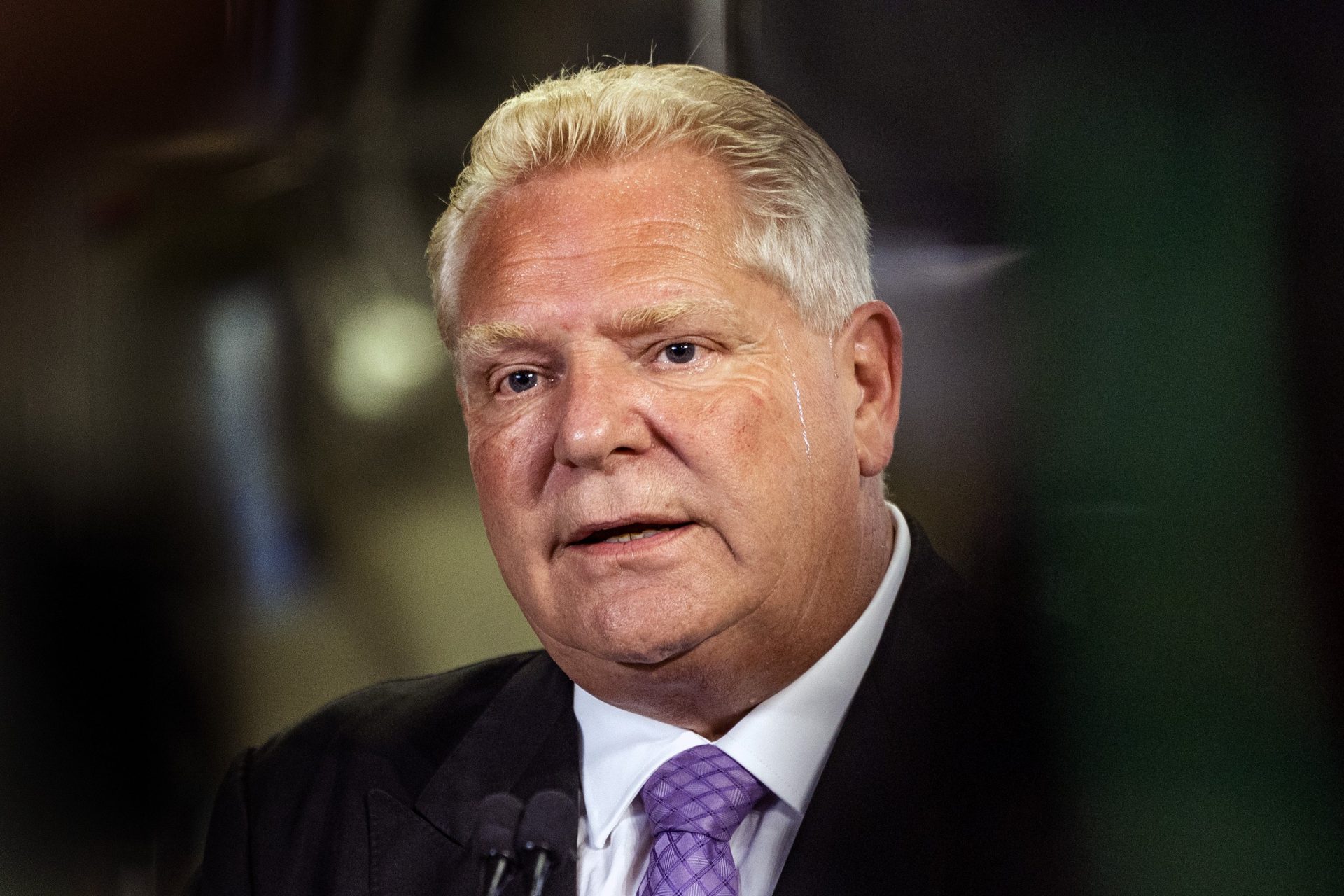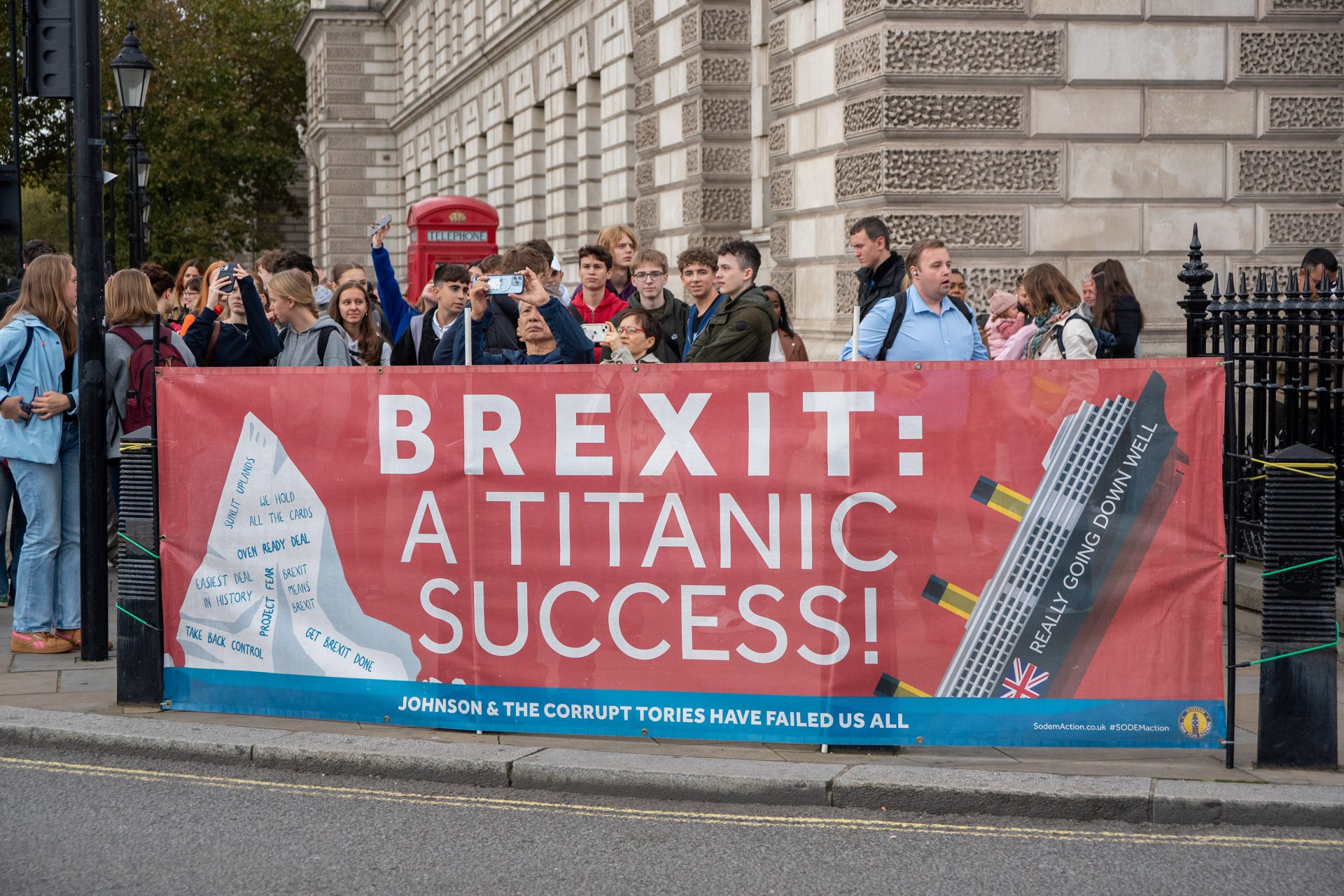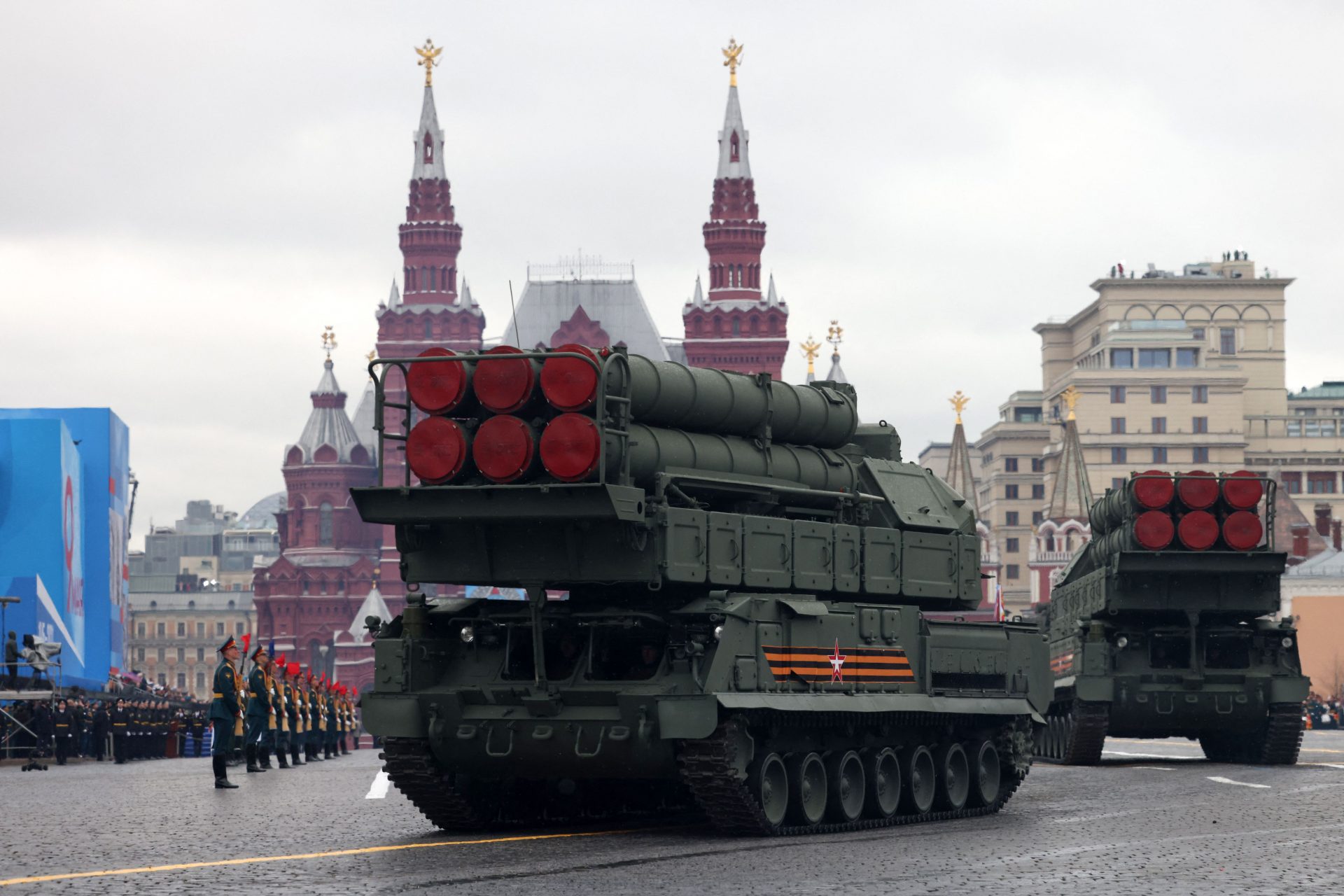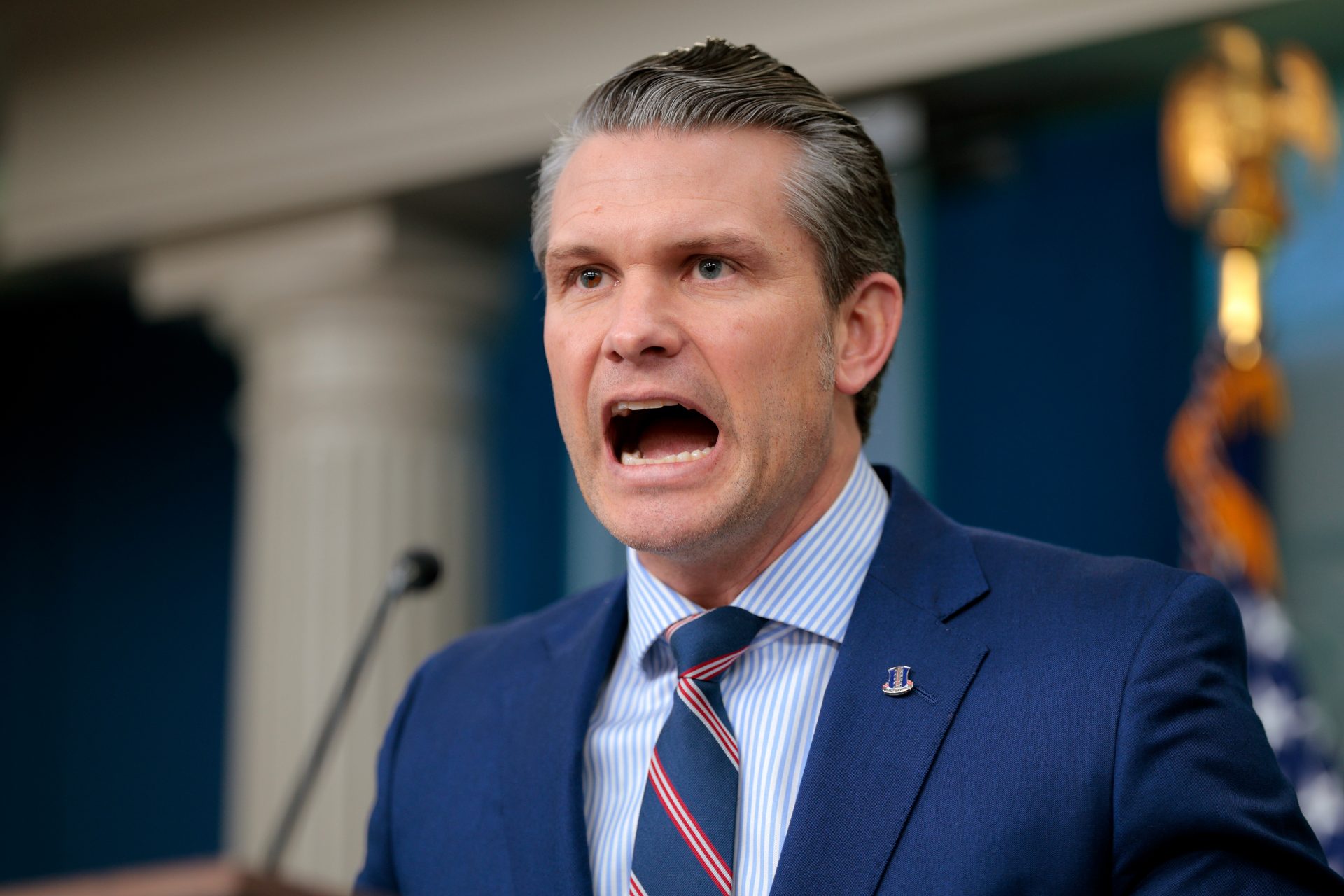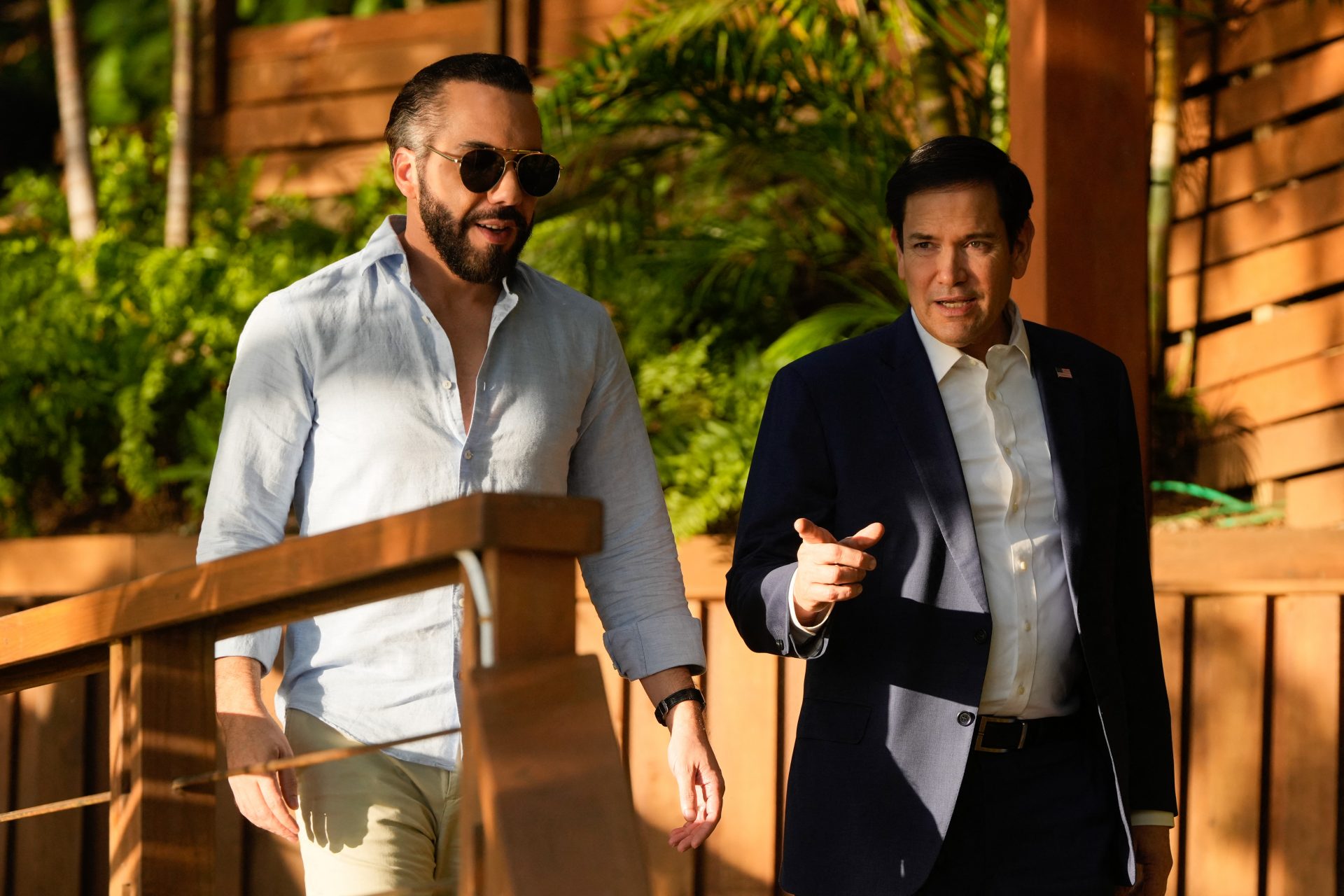Xenophobia and political violence grow in South Africa
It’s been three decades since apartheid ended in South Africa. However, the nation of Nelson Mandela is facing an unprecedented amount of tension and political violence.
According to the BBC, over 150 politicians and elected government officials have been killed in the country in the past 10 years.
The reason? For the most part, internal power struggles within political parties. In a country full of inequality and lacking government accountability, corruption can be very tempting.
The upcoming general election, planned to take place within the following months, has added only added fuel to the fire in South Africa.
Image: marcst84 / Unsplash
Since 1994, the African National Congress has become the dominating party in South African politics, getting a parliamentary majority in all general elections.
However, Mandela’s political party has also been accused of political corruption and cronyism, fostering an environment of cutthroat politics.
The biggest example of the mounting political tension in the country was the protests and unrest following the arrest and detention of former president Jacob Zuma due to charges of corruption.
According to CBS News, five days of violent riots left 72 dead and over 1,000 arrests, after the police faced looters and armed militias.
South African politics is not only a problem for the local population. The Economist reports that xenophobic rhetoric have become more commonplace in the country, particularly among Black South Africans against migrants from neighboring countries.
Blaming foreigners have become a favorite scapegoat for South Africa’s growing economic malaise, the best example of this is Operation Dudula.
Operation Dudula has been described by Al Jazeera as a vigilante group turned into a political party. “Dudula” means “Push out” in Zulu.
According to the BBC, Operation Dudala began in Soweto in 2020, one of the poorest neighborhoods of Johannesburg. A similar group, the Alexandra Dudula Movement, began in another neighborhood, but both are united by their desire to kick out foreigners.
Image: keenangrams / Unsplash
Al Jazeera explains that migrants, mainly from Zimbabwe, Malawi, and Mozambique, have been accused by these groups of “stealing jobs” from South Africans.
These immigrants have also been accused of taking over housing projects “meant” for local South Africans and selling illegal substances in poorer communities.
Image: jcqspht / Unsplash
According to DW, Operation Dudala mainly recruits from disaffected youth and the unemployed, the latter of which mounts a third of the adult South African population.
Image: swissedcol / Unsplash
DW reports that Operation Dudula registered as a political party in late 2023, gearing up for the general election of 2024.
Seeing the current state of South Africa, it begs the question if Nelson Mandela’s dream of tolerance and solidarity has turned into a nightmare.
More for you
Top Stories





